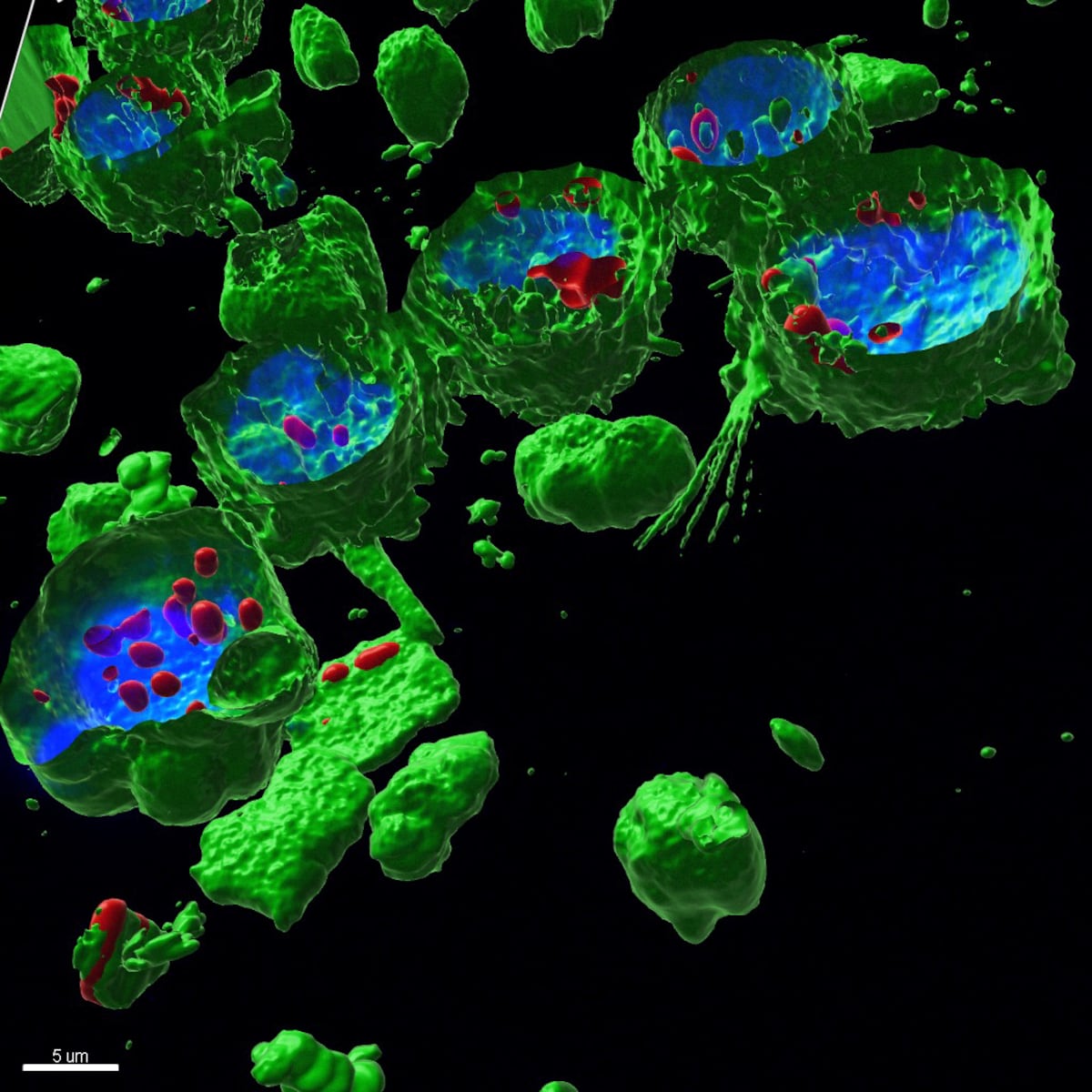
"Plastics contain over 10,000 chemicals, including carcinogens and endocrine disruptors, and have infiltrated human bodies, posing potential health risks."
"Microplastics damage cellular DNA and may cause ailments such as inflammation and cardiovascular disease, triggering significant health concerns."
"In 2019, 353 million tons of plastic waste were produced globally, anticipated to triple to over one billion tons by 2060."
"Interpretation of microplastics studies must be cautious due to concerns over methodological quality and the risk of cross-contamination in samples."
Plastics have contaminated the environment and human bodies, posing significant health risks due to their complex chemical compositions, including carcinogens. Microplastics and nanoplastics have been found within human organs and are suspected to harm cellular DNA, potentially causing various health issues such as inflammation and cardiovascular diseases. The global statistics reveal a troubling increase in plastic waste, projected to grow from 353 million tons in 2019 to over one billion tons by 2060. Despite ongoing scientific research, the health implications of microplastics remain uncertain, necessitating careful interpretation of study findings due to potential methodological challenges.
Read at english.elpais.com
Unable to calculate read time
Collection
[
|
...
]